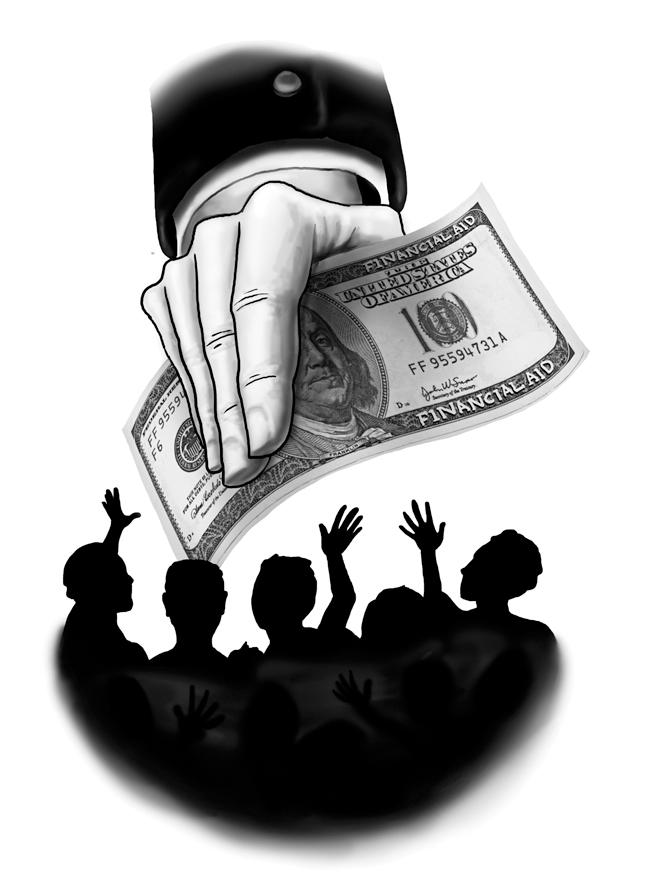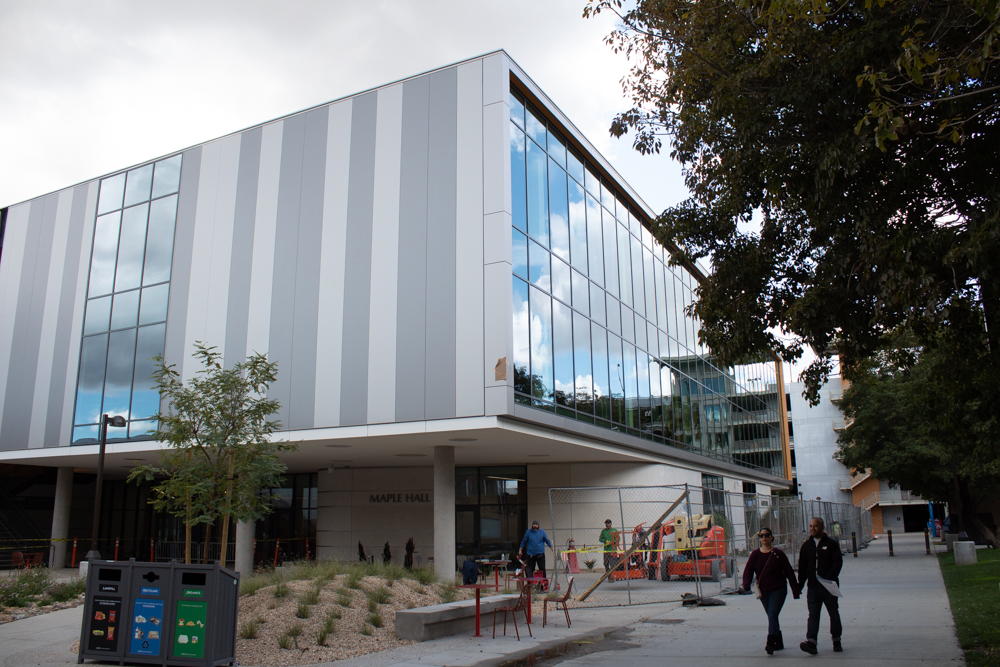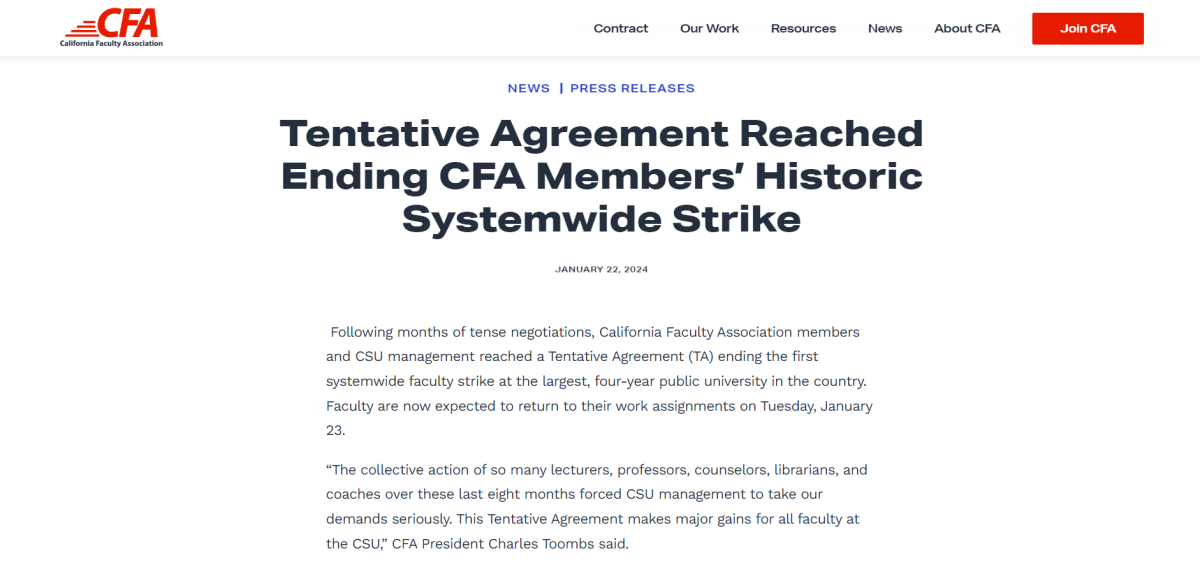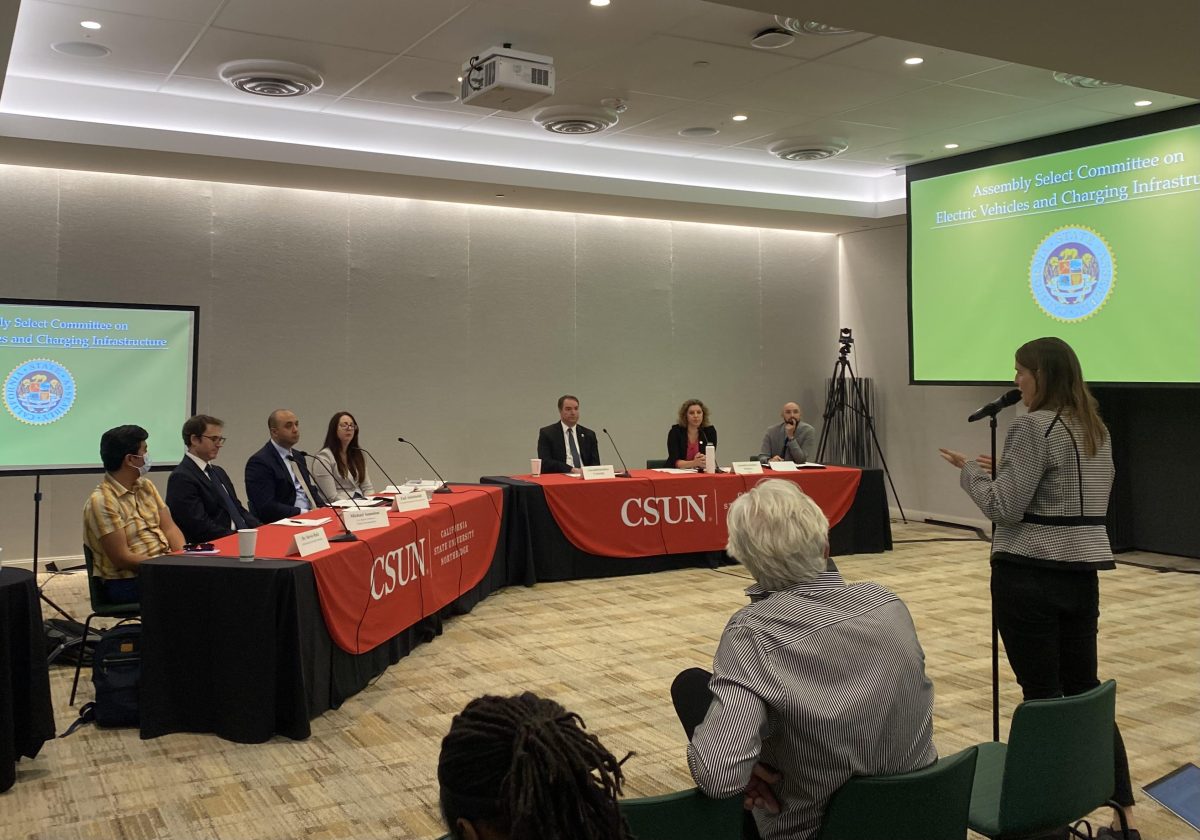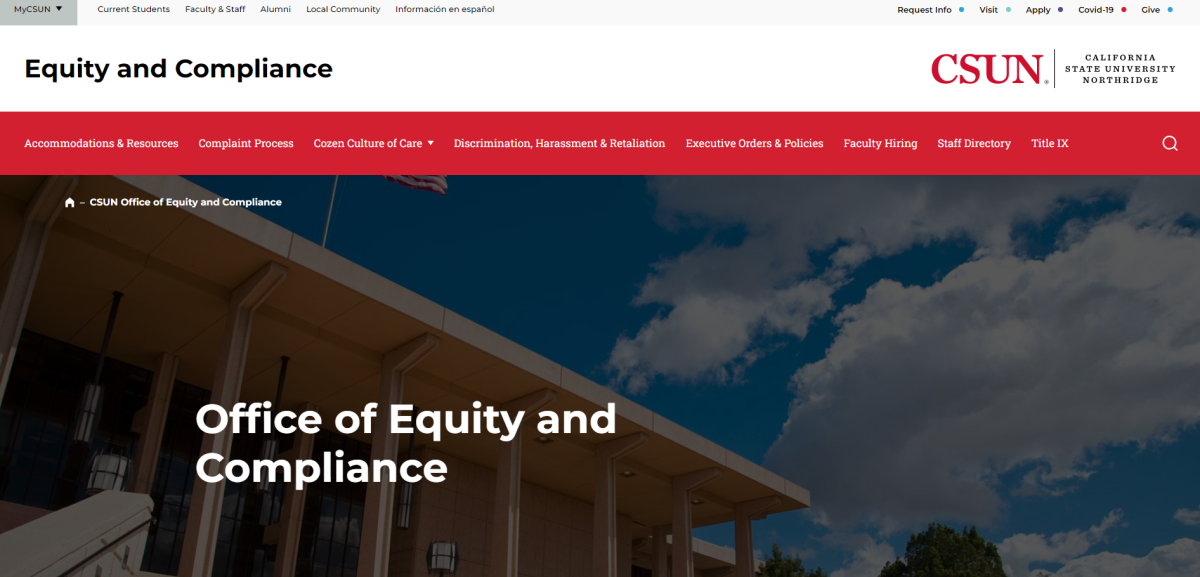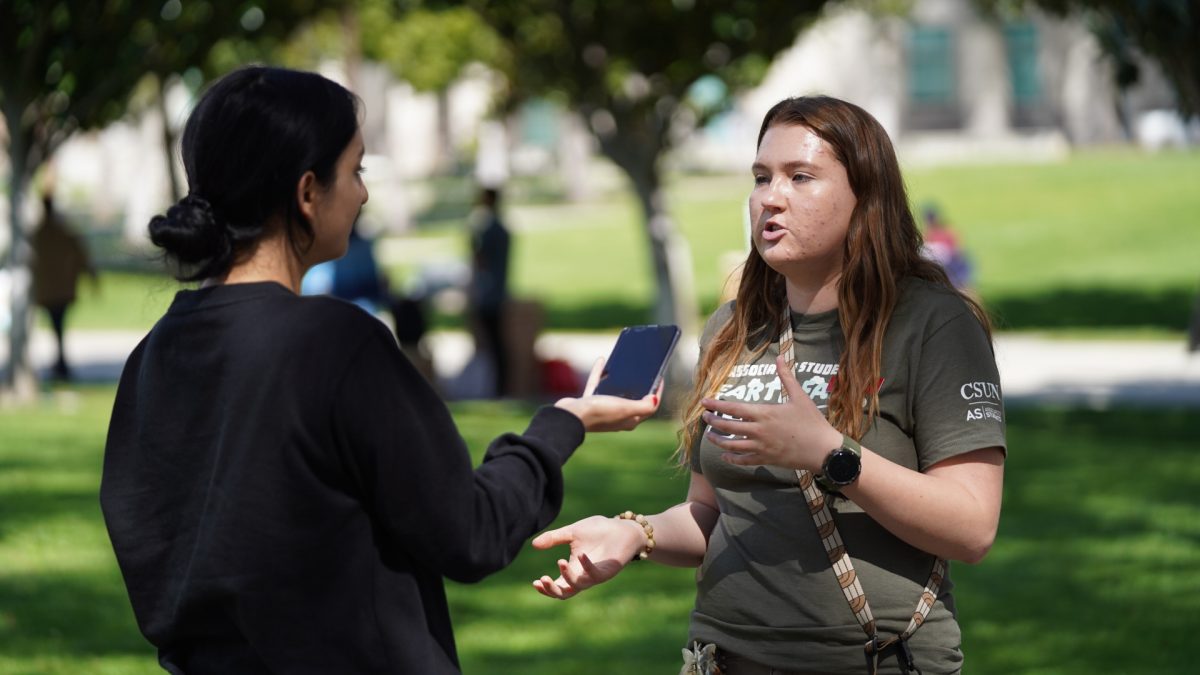Students who filed their 2015-2016 Free Application for Federal Student Aid (FAFSA) paperwork before or on the March 2 state deadline are not at risk of losing their financial aid due to erroneous tax information sent by HealthCare.gov, CSUN financial aid officials said this week.
This year marks the first time taxpayers will have to report their enrollment in a healthcare plan or face a tax penalty if they are uninsured. However, the federal government mistakenly sent erroneous tax information to people who applied for health insurance through a HealthCare.gov exchange, forcing some taxpayers to delay filing their returns. Taxpayers who filed their taxes with erroneous information have been asked to amend their returns once they receive correct tax information.
Financial aid students must have filed their new or renewed FAFSA application by the March 2 priority deadline regardless of whether or not they have their correct tax information.
Financial aid awards are based on a student’s most current tax data.
Students who have not filed their tax returns because of the error can select the “Will File” option when applying for the first time or renewing. Once the tax return has been filed, the student can use the IRS Data Retrieval Process to pull the return onto the application.
CSUN’s financial aid department will always honor a student’s on-time submission for aid. This means students who’ve already filed their tax returns with erroneous information have the option of going back and amending their FAFSA applications once they receive correct tax information from the government, even after the deadline.
The same holds true for students applying for a Cal Grant or Dream Act award.
“Students should always file their FAFSA by the March 2 deadline, even if they and/or their parents have not yet filed their taxes,” said Lili Vidal, director of the CSUN Financial Aid and Scholarship Department in an email interview. “After the taxes are filed, students can go back in and update their tax information on the FAFSA. They can update the parental information also.”
From the Opinion’s desk: Why is financial aid so confusing?
Filing a FAFSA with incorrect tax information from the federal government — or in some cases, estimated data — does not necessarily disqualify a student from receiving financial aid if they are filing a simple tax return or, for renewing students, their numbers have changed little since last year.
But CSUN’s financial aid department recommends students update their FAFSA once they receive their correct tax information from the federal government in order to receive the maximum amount of aid they are entitled to for the next academic year.
Students who don’t go back to correct their data, “run the risk of being awarded incorrectly,” said Gregorio Alcantar, a CSUN financial aid counselor in a telephone interview. “If they estimate the data, they [students] are welcome to come back to make a correction.”
About 60 percent of the CSUN student body receives some kind of financial aid, said Alcantar — about 23,000 to 24,000 students.
In some cases, Alcantar said, an amended application could be something as simple as adding a family member in the household size or including real number data.
Follow Michael J. Arivizu on Twitter: @thedjmichaelj
